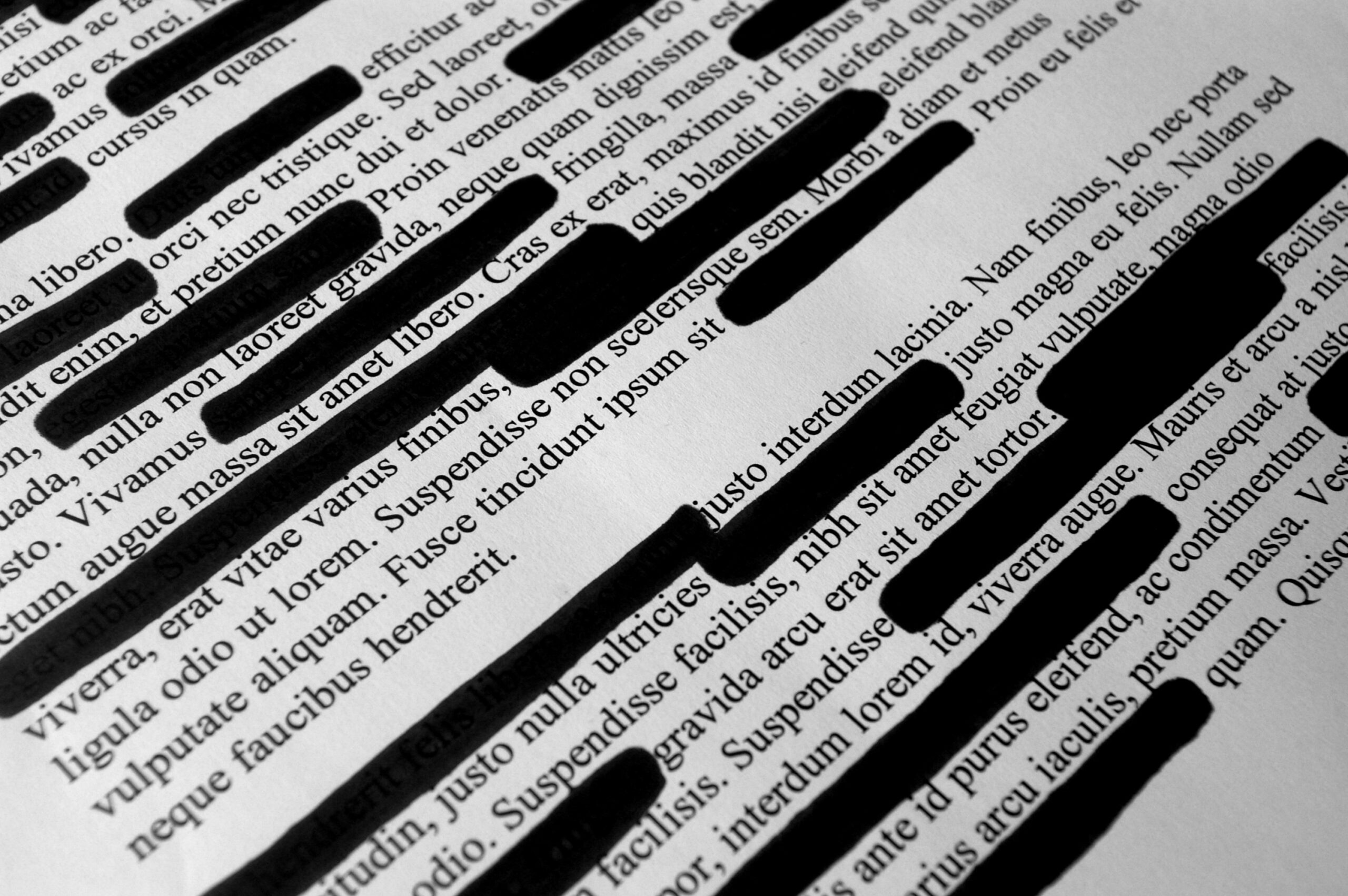
Assets Superseded by Other Estate Documents
Many assets do not need to be included in a will because other documents dictate how they will be distributed after your death.
For example, except in limited circumstances, provisions in your will cannot change the manner in which assets that are already held in trust at your death will be distributed after you pass. Similarly, assets that already have named beneficiaries, such as life insurance policies or joint bank accounts will not be affected by your will.
Events that will Occur before the Will is Probated
Normally, a will is not probated until weeks after a person dies. This is usually long after a funeral has been held. You should keep this min mind when making your own end of life preparations and ensure that your family members know your funeral and burial preferences.
The same is true for the care of your dependents and pets. Funds left in life insurance policies, trusts and joint bank accounts will be available to provide for their needs far sooner than assets that pass through your probate estate.
Unenforceable Demands
As we often note, one of your goals in estate planning should be to avoid a legal challenge to our will. For this reason, you should not include anything in your will that is unreasonable or illegal. This includes giving your entire estate to a pet (animals cannot own property) or demanding that a relative change religions, marry, divorce or commit an illegal act as a condition of receiving something from your estate.
Have concerns about the authenticity or legality of a will? You can learn more about raising will disputes, or contact us for a consultation.





